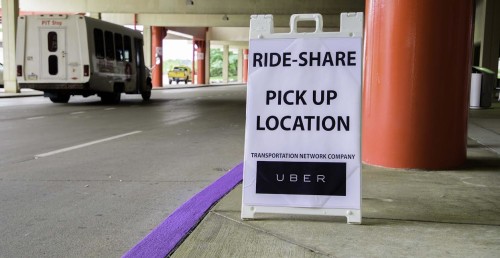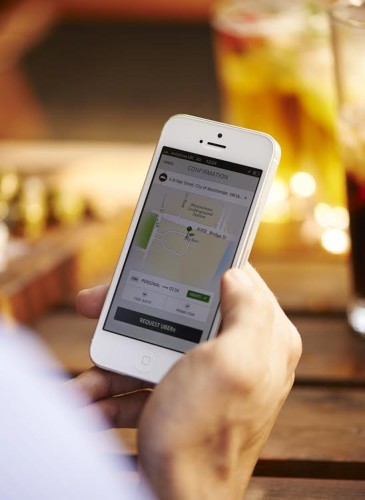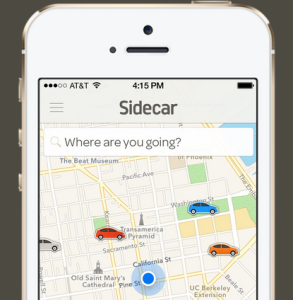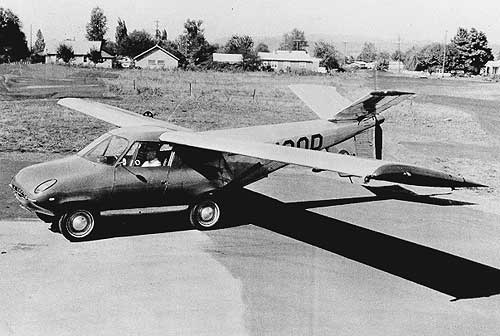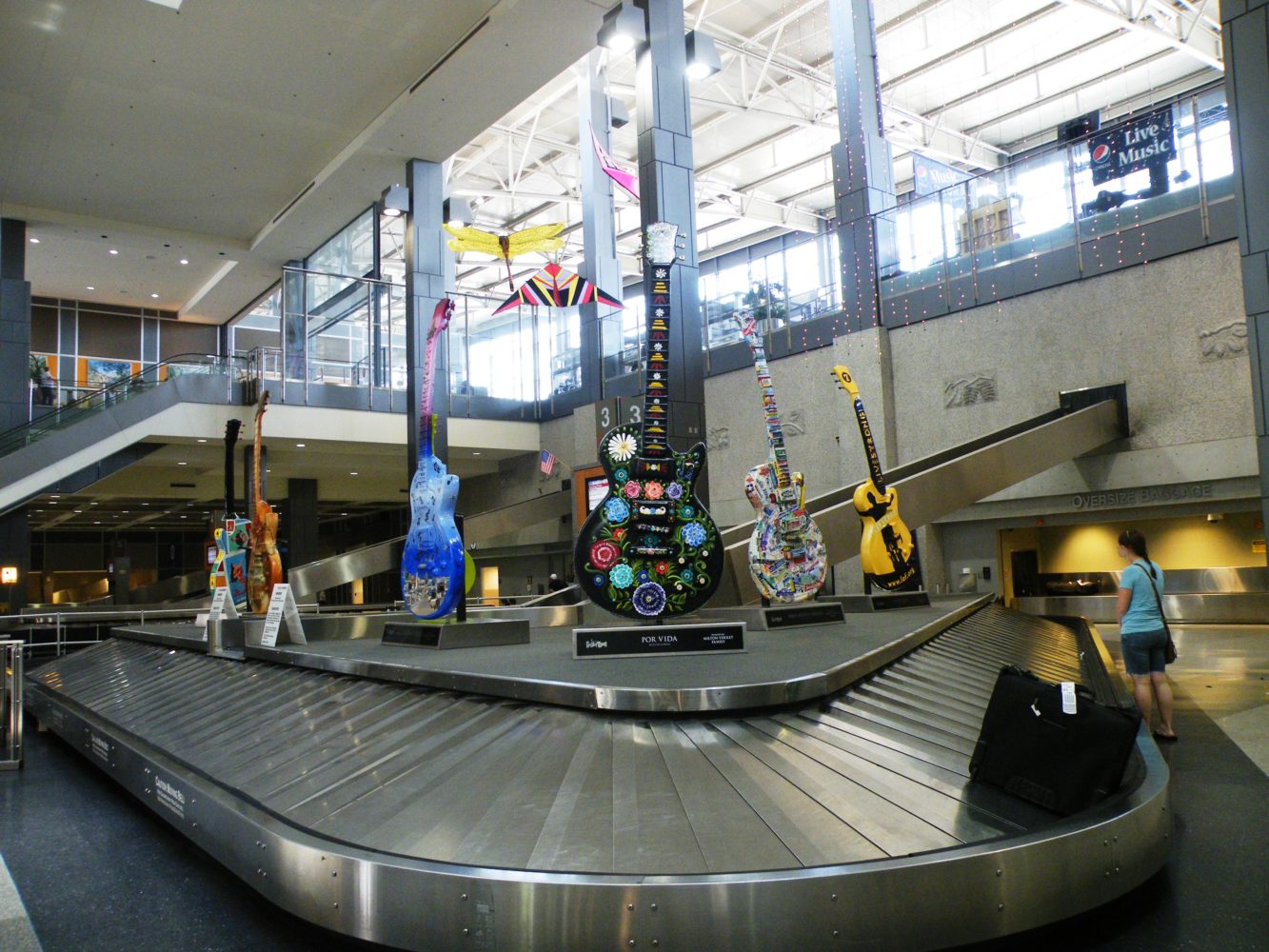My “At the Airport” column on USA TODAY this month is an update on what’s happening with ride-hailing services at airports. Here’s the story:
After detours and disputes, many major airports are successfully hammering out deals with ride-hailing services such as Uber, Lyft and Sidecar.
That means more and, often, less expensive ground transportation options for many travelers.
Earlier this month, the Metropolitan Washington Airports Authority announced that, beginning Nov. 1, Uber and Lyft would be added to the list of authorized ground transportation options at Washington Dulles International and Ronald Reagan Washington Airports.
At the end of August, the Los Angeles City County approved a permit process that will allow Transportation Network Companies (TNCs), as the ride-hailing services are also called, to pick up passengers at Los Angeles International Airport.
Lyft, which already has operating agreements with 16 airports, is currently going through the permitting process at LAX, said airport spokeswoman Nancy Castles, but while representatives from Wingz, Opoli and Uber say they intend to apply, as of last week, no other TNC, had submitted an application for a permit.
“In the meantime, TNCs may continue to drop off passengers at LAX, but they cannot pick up customers,” Castles said.
In July, San Diego International Airport signed permits allowing Uber and Lyft to join ride-hailing service Opoli in offering pickup and drop-off service at the airport and, at the beginning of September, UberX began operating legally at Sacramento International Airport.
Airports in Seattle and other cities are working on and/and or close to announcing agreements with ride-hailing services as well, and if Chicago Mayor Rahm Emanuel’s new budget plan moves forward, ride-hailing services will soon be officially allowed to pick up and drop off passengers at O’Hare and Midway Airports.
“It wasn’t a question of when services such as Uber and Lyft were coming to airports or how to keep them out,” said Kevin Burke, President and CEO of ACI-NA, the organization which represents most commercial airports in North America, “The big challenge for airport directors was how to regulate the services,” given the various governing models in place at the nation’s airports, he said.
To help move things along, ACI-NA put together a task force that examines the services and offers suggestions to airports on how to negotiate a deal that works for everyone.
“Airports want to provide options for passengers that are coming in and leaving, and if Uber and Lyft are viable options, then we should be providing them,” Burke said. At the same time, though, airports need to make sure passengers are safe and airports need to protect themselves as legal entities, he said.
In 2013, airports in the U.S. and Canada earned $3.1 billion from parking and ground transportation fees, so airports need to make sure the agreements they work out with ride-hailing services protect that revenue as well.
“As we move along we’ll see more and more airports solving these challenges,” Burke said,” but each airport has a different story and there will likely be some snags.”
One of those snags is in Florida, where last week Broward County Commissioners spent more than six hours debating regulations that would have allowed Uber to operate at Fort Lauderdale-Hollywood International Airport.
“They provide a very good service, our customers want to see that service, and we want to work with them to get that service here,” said Kent George, director of the Broward County Aviation Department, but negotiations between Uber and the county have “been difficult.”
George said while the airport looks at ground transportation services more as a customer service than a revenue center, he’s confident Uber won’t walk away from the large South Florida market, which includes 26 million annual passengers at Fort Lauderdale, 40 million passengers Miami International Airport and more than 7 million annual passengers at Palm Beach International Airport.
“The airports are working together and I believe we will eventually get to ‘yes’,” George said.
